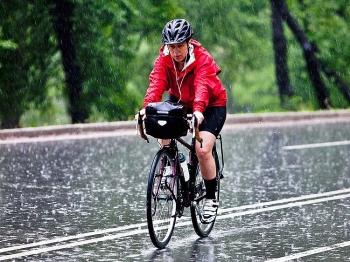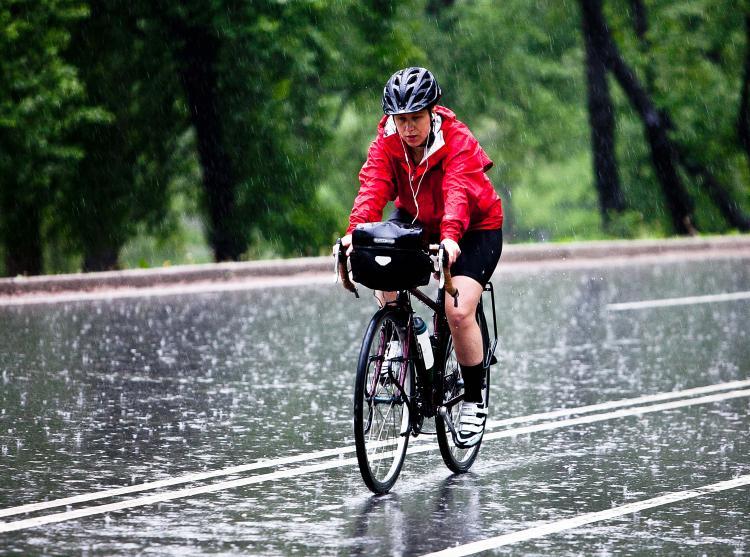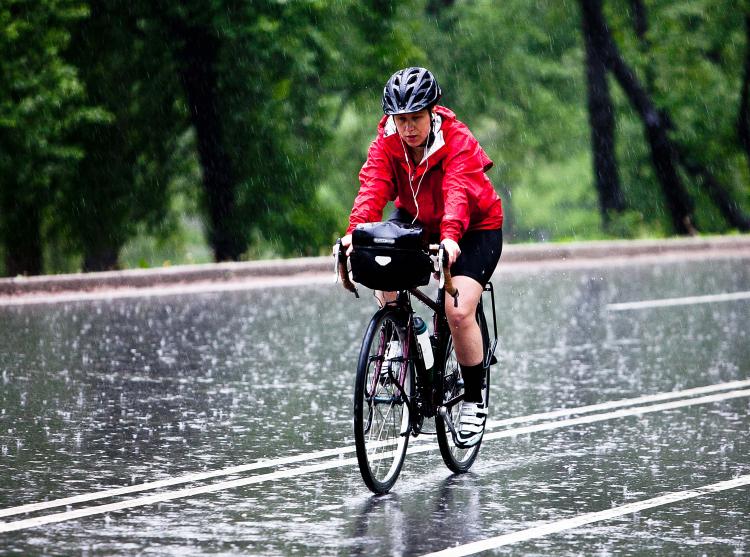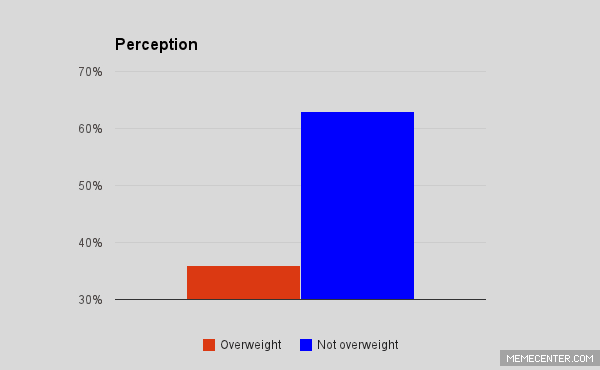NEW YORK—Many cyclists using the loop roads of Central Park felt that they were wrongly ticketed and targeted by the police in the past few months. The air of calmness is back in the park, however, as police, councilors, and stakeholders have reached a consensus on Central Park cycling enforcement.
Led by Councilman Daniel Garodnick and Councilwoman Gale Brewer, a meeting between cycling advocates, representatives of the NYPD, the Parks and Recreation Department representatives, and community board members was held last month to resolve the issue.
“Captain Philip Wishnia [Central Park Precinct Commander] had agreed that the no-tolerance enforcement of the red lights around the loop drive is not facilitating recreation and is not addressing the safety concerns,” said Caroline Samponaro, director of Bicycle Advocacy for Transportation Alternatives, who attended the meeting. “Now they [police] are writing tickets [only] to cyclists who do not yield to pedestrians. That is the new policy.”
The agreement is a result of the councilors working with stakeholders and the police to find a way to balance the recreational needs in Central Park with safety needs, she added.
The recent heavy-handed approach by the police angered cyclists, who felt targeted. Some cyclists reported that they encountered ticket traps in Central Park during hours when loop roads are closed to cars, thus discouraging cyclists from using the park for recreation and sport.
In one incident, cyclists were ticketed by the police in the early morning, even though they did not actually exceed the speed limit. Police officers then had to go to people’s homes to apologize and cancel the tickets.
“For years, cyclists and pedestrians used the park with minimal negative interaction,” said Tila Duheime, co-head of Upper West Side Street Renaissance, who also attended the meeting. For many years, groups of cyclists had gotten together to ride in the early mornings, but that changed a few months ago when police started to frequently ticket the cyclists, she said.
“When the police started ticketing people for passing a red light, no matter what time of day it was, it meant that cyclists could not get a decent ride in,” Duheime said. “Suddenly they were getting tickets for doing what they had been doing for years, even though there were no pedestrians in sight.”
Those days of contentions are gone now, said Samponaro, noting she has not received any complaints as of late.
The new policy will not affect cyclists who ride at the crack of dawn, as not many pedestrians are in the park at that time of day, said Duheime. “It will prevent someone from trying to get their training in the middle of the day,” she concluded.
Led by Councilman Daniel Garodnick and Councilwoman Gale Brewer, a meeting between cycling advocates, representatives of the NYPD, the Parks and Recreation Department representatives, and community board members was held last month to resolve the issue.
“Captain Philip Wishnia [Central Park Precinct Commander] had agreed that the no-tolerance enforcement of the red lights around the loop drive is not facilitating recreation and is not addressing the safety concerns,” said Caroline Samponaro, director of Bicycle Advocacy for Transportation Alternatives, who attended the meeting. “Now they [police] are writing tickets [only] to cyclists who do not yield to pedestrians. That is the new policy.”
The agreement is a result of the councilors working with stakeholders and the police to find a way to balance the recreational needs in Central Park with safety needs, she added.
The recent heavy-handed approach by the police angered cyclists, who felt targeted. Some cyclists reported that they encountered ticket traps in Central Park during hours when loop roads are closed to cars, thus discouraging cyclists from using the park for recreation and sport.
In one incident, cyclists were ticketed by the police in the early morning, even though they did not actually exceed the speed limit. Police officers then had to go to people’s homes to apologize and cancel the tickets.
“For years, cyclists and pedestrians used the park with minimal negative interaction,” said Tila Duheime, co-head of Upper West Side Street Renaissance, who also attended the meeting. For many years, groups of cyclists had gotten together to ride in the early mornings, but that changed a few months ago when police started to frequently ticket the cyclists, she said.
“When the police started ticketing people for passing a red light, no matter what time of day it was, it meant that cyclists could not get a decent ride in,” Duheime said. “Suddenly they were getting tickets for doing what they had been doing for years, even though there were no pedestrians in sight.”
Those days of contentions are gone now, said Samponaro, noting she has not received any complaints as of late.
The new policy will not affect cyclists who ride at the crack of dawn, as not many pedestrians are in the park at that time of day, said Duheime. “It will prevent someone from trying to get their training in the middle of the day,” she concluded.






